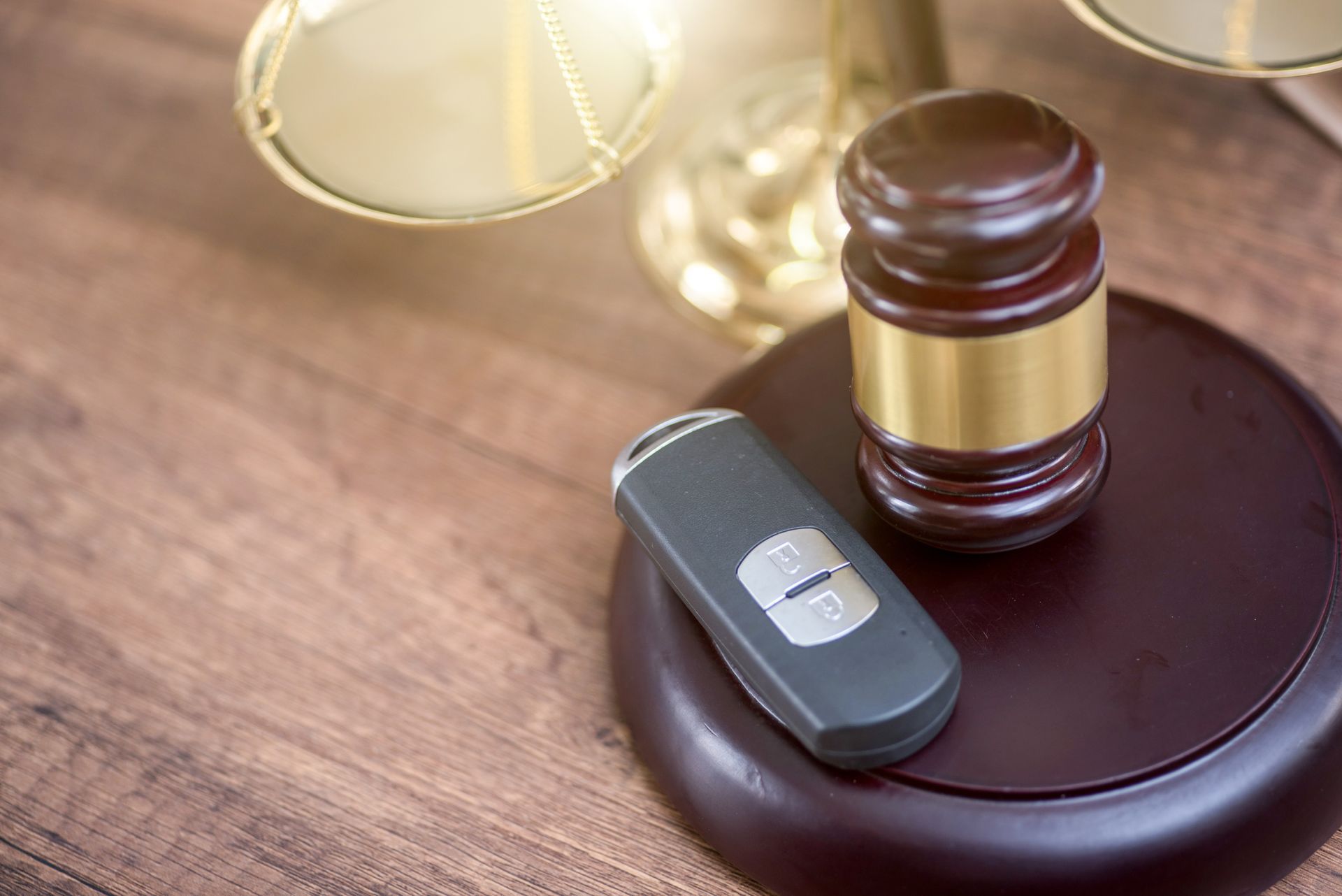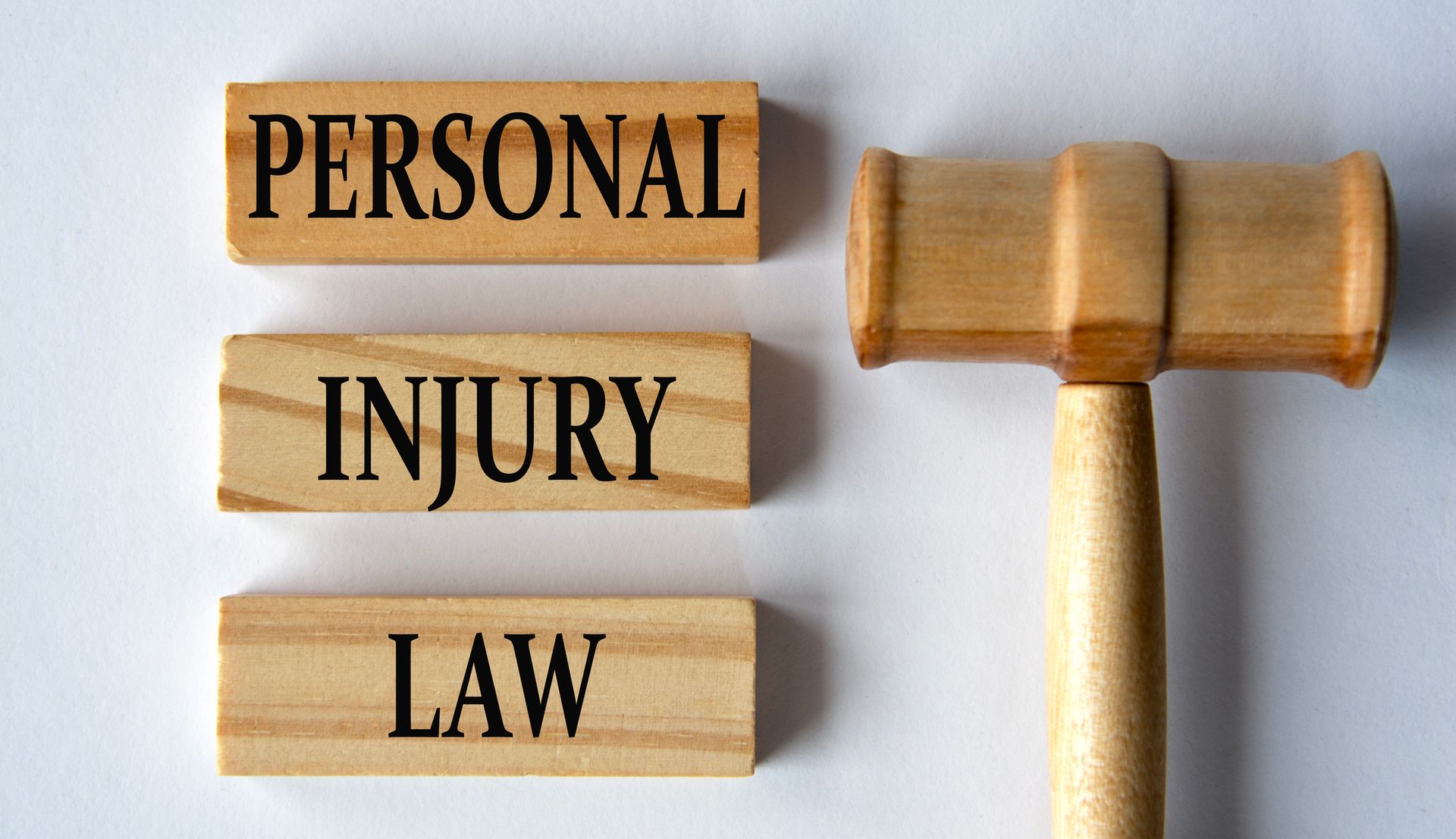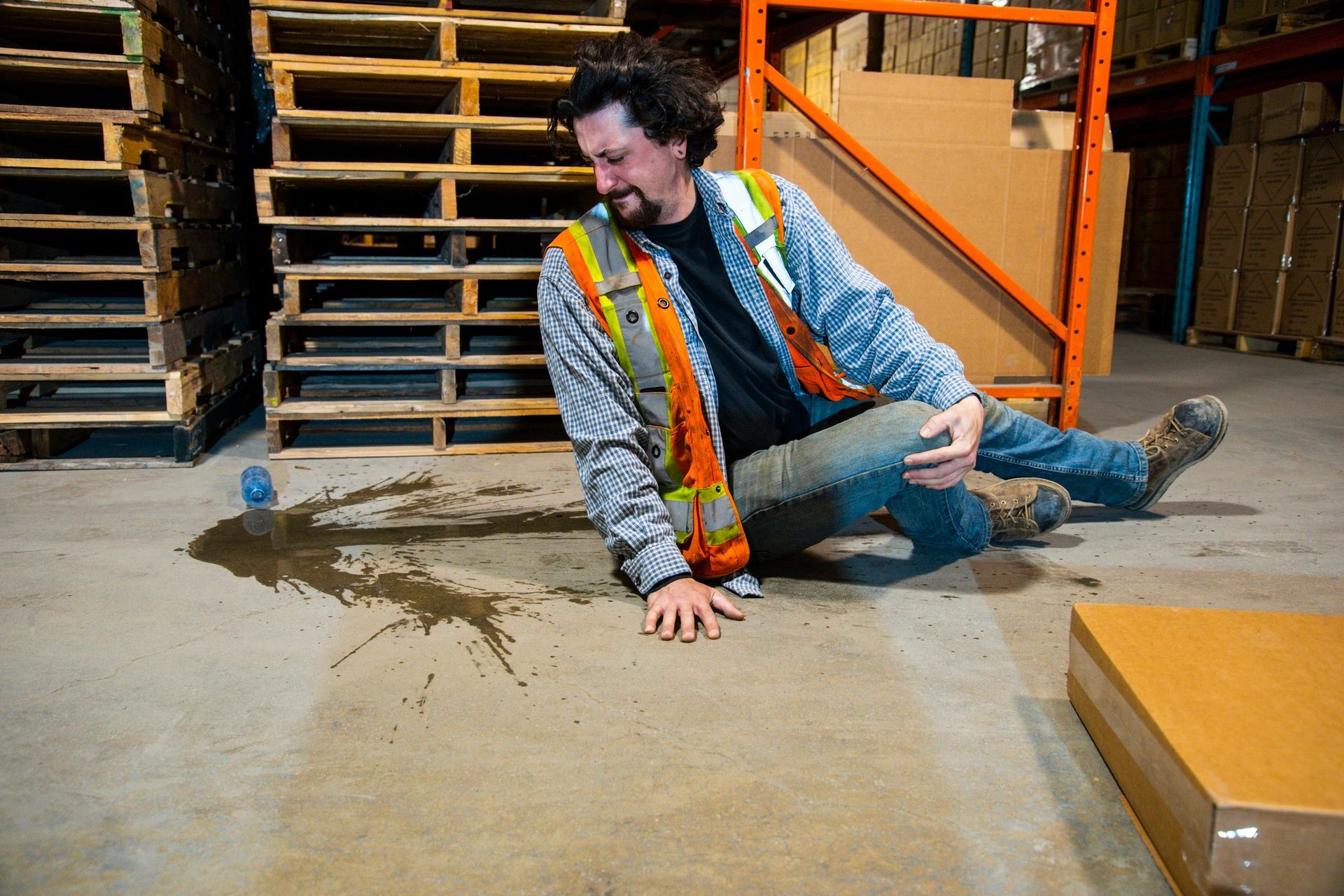SWIMMER BEWARE
A Lifeguard Shortage Leads to Increased Risk
Memorial Day Weekend is traditionally when outdoor swimming pools open for the summer.
This year, however, not all pools (and beaches) opened due to a shortage of lifeguards. According to the American Lifeguard Association, about a third of more than 309,000 public pools in the nation are affected by a lifeguard shortage. The main problem is the pandemic “wiped the slate of certified lifeguards completely clean,” Bernard J. Fisher II, director of health and safety at the Lifeguard Association stated. The pandemic took a toll on the number of lifeguards; for two years there was very little lifeguard training, and lifeguard certifications expired.
Being low on staff can lead to a higher risk of pool injuries or even drownings. Across the country communities are feeling the strain – for the third year in a row – and the American Lifeguard Association is warning that pools and beaches may shut down if they aren’t adequately staffed. Some facilities and venues that are unable to keep lifeguards on staff have just two options: shut down altogether or become a swim-at-your-own risk venue. Adam Katchmarchi, executive director of the National Drowning Prevention Alliance, said what scares him is some facilities will choose to operate when they don’t have enough safety staff, which will put their patrons more at risk.
Local governments are trying various ways to attract lifeguards, from signing bonuses and incentive pay for staying at a pool more than 2 months, to increased hourly wages and reduced hours of operation. But some experts point out that simply increasing wages may not solve staffing issues because not enough people are training to be lifeguards.
SWIMMING INJURIES AND FATALITIES
Nonfatal drowning injuries that were pool- or spa-related spiked 17% in 2021, a 2022 U.S. Consumer Product Safety Commission report found. Hospitals reported treating 6,800 injuries of children under 15, compared to 5,800 injuries in 2020. The Center for Disease Control estimates that 11 people die every day due to drownings in the United States. That is an average of 3,960 drowning deaths each year. There were about 1.23 deaths for every 100,000 people every year from 2015-2019 in swimming pools. Drowning is the leading cause of injury-related death among children between 1 and 4 years old and it's the third leading cause of death among all children.
SAFETY TIPS
The Lifeguard Association emphasizes the importance of a designating a water watcher — someone in the group who will keep a close eye on the kids. Children who are novice swimmers should also wear life jackets approved by the U.S. Coast Guard whether they're at the beach or a community pool.
Swim tests are a great way to improve protection at public pools. Swim tests help identify weak swimmers and add additional protection-based protocols to their swim. Once identified, non-swimmers and/or weak swimmers may have area access restrictions imposed on their swim. These restrictions limit their pool activities to situations that are less likely to require a rescue.
Many pools use a deep end test to determine if swimmers are allowed in certain sections of the pool (often referred to as a Deep End Test). If a swimmer cannot pass a strict evaluation of their swimming skills (example: one length front crawl, one length backstroke, 60 second tread water) they are not allowed in a certain area of the pool. Deep or hazardous areas are often separated and delineated by a float line and drop-off paint stripe at the bottom of the pool. Other facilities opt for swim tests that identify swimmers who need to be accompanied by adults in the pool. If a swimmer cannot pass a structured evaluation (or if they require any type of floatation device), they are required to be within arms-reach of a parent or guardian.
In addition to the above, swim lessons are key to safety in water. Learn-to-swim programming can dramatically reduce individual risk of drowning. Access to swimming lessons directly correlates with reduced likelihood of aquatic injury and death associated with unintentional submersion. CPR training for both you and your child is also very helpful in crisis situations. Since not all swimming pools have trained lifeguards on deck, well-trained layperson responders can have a positive impact on victim outcomes if they know CPR, or have been trained to use an available AED.
Last but not least, do something that is extremely difficult today: get rid of distractions. Put the cell phones away, forget about all the other things you have to do and give young children 100 percent of your attention when they are near or around water. Not only will the children be safer, but you will enjoy the time more too.
LIABILITY FOR SWIMMING POOL ACCIDENTS
Liability for swimming pool accidents usually depends on the premises liability law of your state. Pool owners, whether they are owners of a private pool or a pool in a public setting, can be held liable when a visitor or swimmer is injured under the usual rules of premises liability for the state where the pool is located. Public pool owners must comply with specific federal and state regulations to keep the pool safe and the appropriate safety equipment installed.
Both public and private pool owners have a responsibility to abide by specific safety requirements set by Georgia law. To seek a personal injury claim related to a pool injury, you must prove that the property owner’s negligence caused or led to the accident. In the state of Georgia, pool injury legal claims fall under premises liability law, which requires the owners of real estate property to take specific measures to ensure the safety of any visitors.
Negligence at a public or commercial pool can include a lack of lifeguards, failing to properly train lifeguards, or failing to recognize and correct ongoing negligence among lifeguards.
A commercial or public pool owner or operator may also be liable for negligent maintenance of its facility that leads to injury. Damaged pool drains, diving boards, decks, ladders and fences are all potentially hazardous conditions that may cause injury. Failure to properly treat the water can lead to poor visibility, making it difficult if not impossible for lifeguards to see submerged swimmers. This can also be grounds for a claim based on negligence.
It is important to note that, in almost all cases, compensation for a swimming pool accident claim is paid through a business or homeowner’s liability insurance, not from the pool owner’s personal assets.
CONTACT AN ATTORNEY
If you or someone you know has been involved in a swimming accident, contact Dave Thomas at The Thomas Law Firm for a free evaluation of your legal claim.








